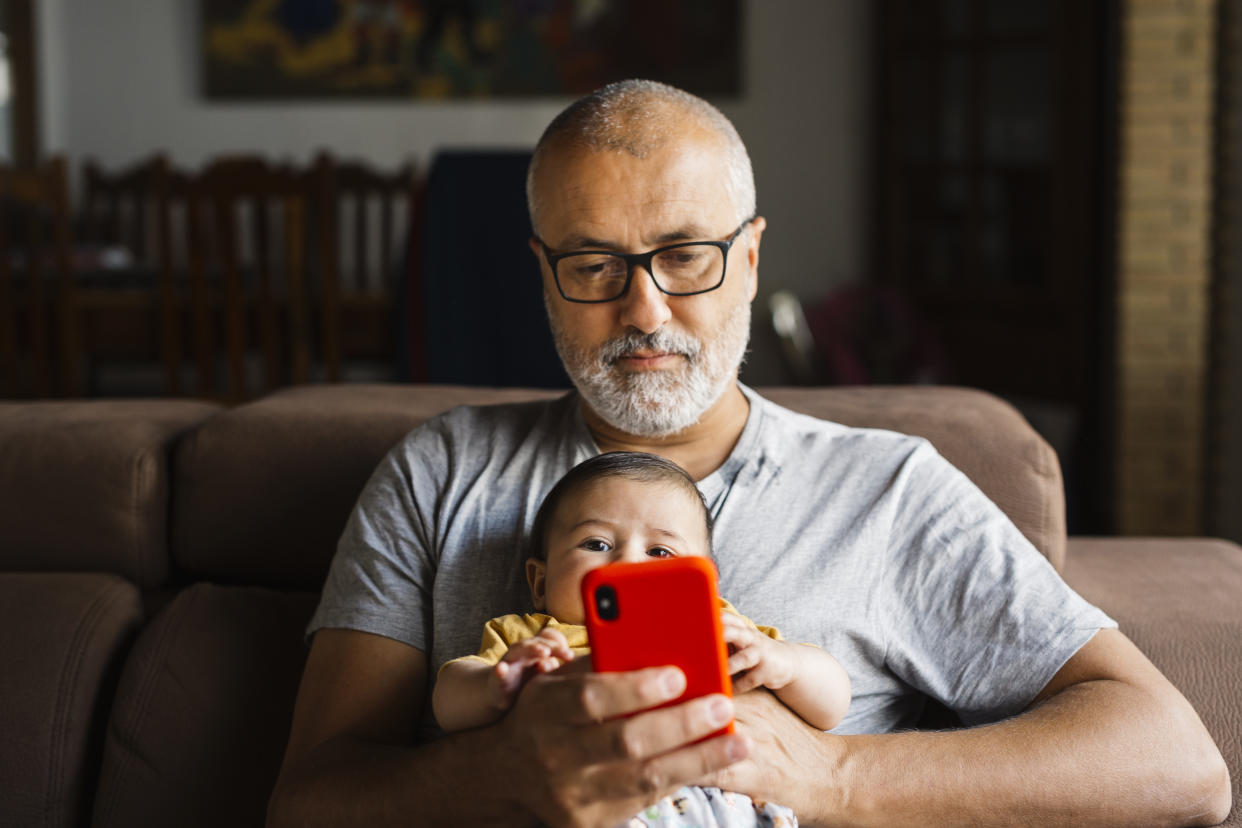The cost of having children later in life

Newly released data shows that we’re having kids later in life than ever. We’re twice as likely to have a baby over the age of 40 as we are to have one when we’re under the age of 20, and more than half of babies are now born to women over the age of 30.
There are some real advantages to starting a family later in life. Plenty of women have children later because they’re studying, and a degree statistically leaves them better off on average throughout their working lives. Couples are also able to get more established in their careers, giving them higher incomes with which to cover childcare, and the ability to negotiate flexibility in working patterns.
However, it comes with some costs you need to plan for. One key will be to prioritise your pension. Having children later will squeeze the "empty nest" period before retirement, when traditionally people focus on retirement savings.
With little or no empty nest period you’ll need to maintain pension payments throughout as much of your years as parents as you can — and prioritise it above the nice-to-haves.
Read more: How to protect your finances if you're going through a divorce
While you’re in the business of planning ahead, don’t forget university. If your child is likely to be studying at the point you’d planned to retire, you’ll need to set aside funds to cover this period. One option is to put money aside in their Junior ISA, which will ensure the money is safely tucked away to the age of 18, where it can grow tax free ready for the expensive university years.
The age of your own parents is also a factor. Having children later may mean they’re too old to be able to help with childcare, or they may agree to help and find it gets too much. It means you need a childcare Plan B.
You also need to think about what happens if they start to need care. It’s worth knowing the provisions they’ve made, and the part they expect you to play. If you have young children and parents with care needs at the same time, you need to know the resources that are available to help — rather than just hoping you can spread yourself thinner.
And just in case this isn’t enough, you can’t afford to neglect the fact you need to prepare for the worst-case scenario. Parents need to have life insurance in place to protect their children if they were to pass away, and should consider critical illness cover and income protection — both of which provide support if you suffer an illness or injury.
Read more: How to prepare your pension to live to 100
It’s also essential to have a will in place, including details of who will take care of your children if something was to happen to you.
It feels like a lot to take on, especially during the early expensive years of parenthood. However, the more you can plan in advance, the more you can cash in on the benefits of parenthood later in life, without paying the price.
Sarah Coles is a personal finance analyst at Hargreaves Lansdown and co-presents Switch Your Money On podcast.
Watch: What is inheritance tax?
Download the Yahoo Finance app, available for Apple and Android.

